IMF says economic impacts of Qatar blockade fading, dashing Saudi hopes
The International Monetary Fund (IMF) says the economic impacts of the nine-month blockade by a Saudi-led quartet of Arab states against Qatar are fading. The announcements dashes Saudi hopes that the siege would force Doha into submission on matters of foreign policy.
In a Monday report, the IMF described the economic effects of the blockade on Qatar as “transitory,” noting that the emirate’s growth remained positive as new trade routes were quickly established after the Saudi-led blockade.
Cash injections by the Central Bank and the Qatar Investment Authority also offset a $40-billion decrease in foreign financing and resident private sector deposits caused by the economic and diplomatic boycott, the IMF said.
It also said that although the emirate’s economy and banking and financial systems remained sound, some risks remained, including the possibility of lower hydrocarbon prices and uncertainty related to the continued impact of the diplomatic crisis.
The IMF called on Qatar’s banking system to adjust to a new funding model, as an escalation of the dispute with the Saudi-led quartet could have an adverse effect on the country’s external funding and growth.
A mixture of austerity measures — prompted by falling fossil fuel prices — and the blockade caused Qatar’s non-hydrocarbon growth to fall to 4.0 percent in 2017 compared to 5.6 percent in 2016, the report said.
However, Qatar’s gross domestic product saw a 2.1-percent growth in 2017, which showed only a negligible drop compared with the 2.2-percent growth registered in 2016.

In June 2017, Saudi Arabia, the United Arab Emirates, Bahrain, and Egypt severed diplomatic relations with Qatar, in a scheme generally believed to have been orchestrated by Riyadh. The four countries accused Qatar of sponsoring “terrorism” and destabilizing the region, an allegation strongly denied by Doha.
But observers said the move was because, unlike other Arab countries in the Persian Gulf, Qatar retained a foreign policy partially independent of Saudi Arabia.
The Saudi-led quartet presented Qatar with a list of demands and gave it an ultimatum to comply or face consequences. The demands included closing the Al Jazeera broadcaster, removing Turkish troops from Qatar’s soil, scaling back ties with Iran, and ending relations with Egypt’s Muslim Brotherhood movement.
The quartet also imposed sanctions against Doha, including restrictions on Qatari aircraft using the airspace of the four countries. To further pressure Qatar, Saudi Arabia totally closed its land border with its tiny neighbor, through which much of Qatar’s food supply crossed.
Qatar, however, refused to yield and denounced the demands as unreasonable, saying its sovereignty had been attacked. In return, the four boycotting countries vowed to impose further sanctions.
A number of attempts to heal the unprecedented rift have so far turned to be futile, including those by US Secretary of State Rex Tillerson, Turkish President Recep Tayyip Erdogan, and Kuwaiti Emir Sabah al-Ahmad al-Jaber al-Sabah, whose country has been playing the role of a key mediator since the beginning of the crisis.
When the blockade was imposed, and as it failed to impact Qatar in any meaningful way, Saudi and Emirati rulers claimed the siege would bite in the longer run. The Monday report by the IMF practically negated that assumption.
Hamas thanks Iran, Resistance Front following achievement of ceasefire in Gaza
'Capitulation': Israeli officials and media concede Gaza defeat as truce unfolds
'Gaza has won': Social media users react to ceasefire with mix of relief, joy
Iran seeks South Korea’s assistance for AI, fiber-optic projects
VIDEO | Iran's 'Eqtedar' (Power) maneuver
Israel hits HTS military target in Syria for 1st time since fall of Assad
VIDEO | Press TV's news headlines
Israel has slaughtered 13,000 students in Gaza, West Bank



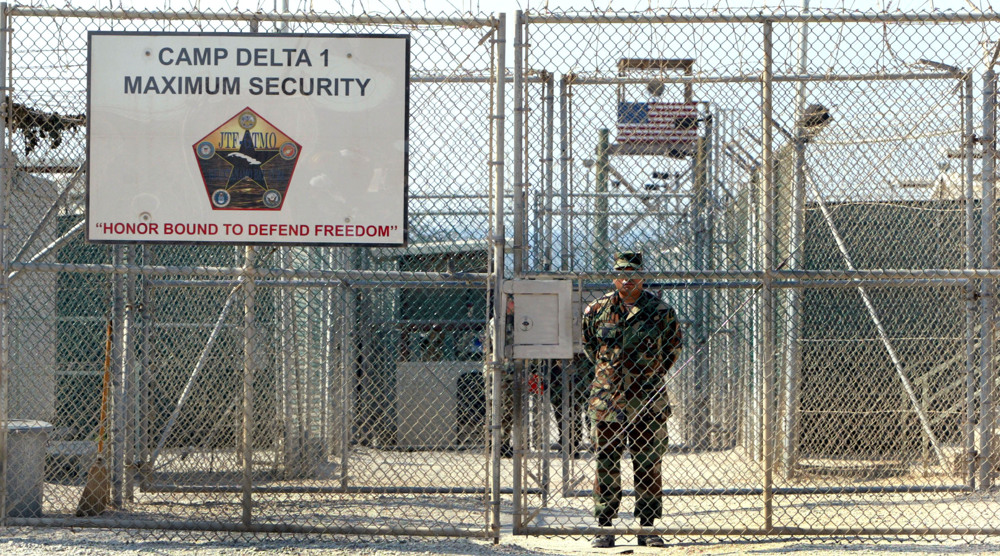
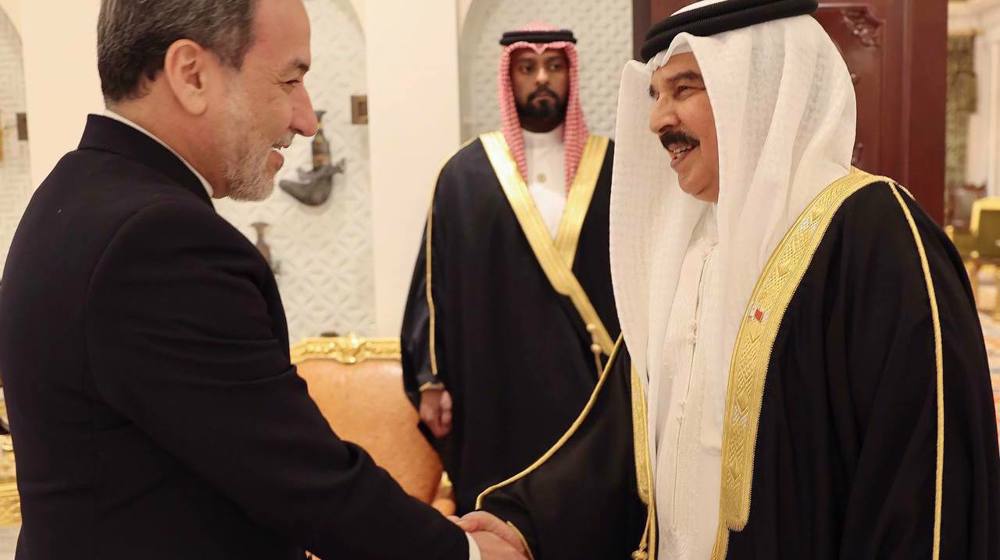
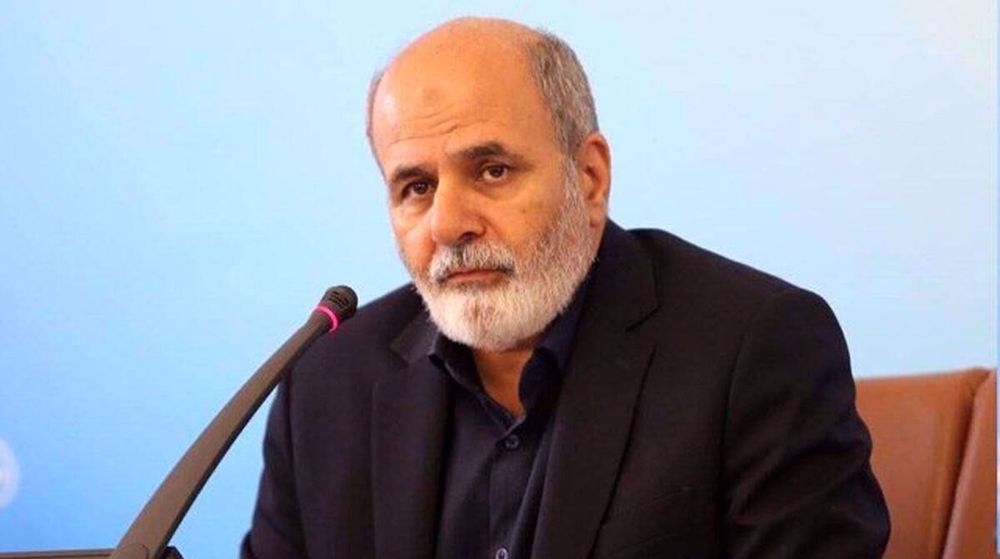



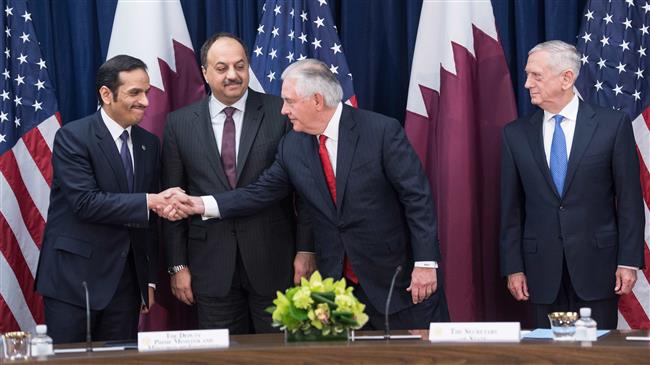

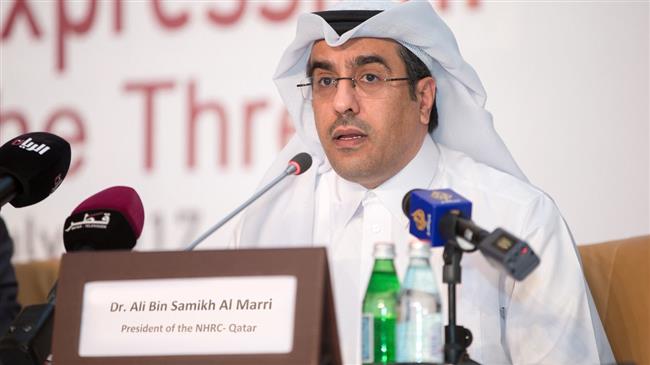

 This makes it easy to access the Press TV website
This makes it easy to access the Press TV website